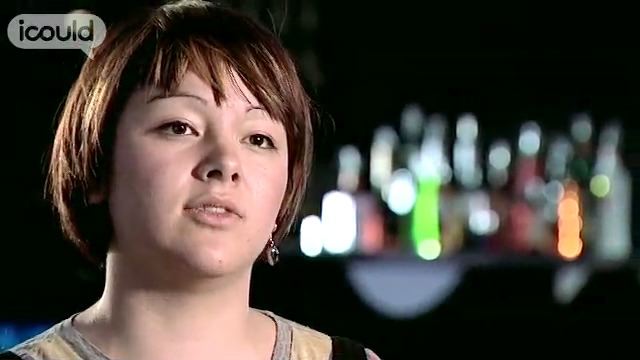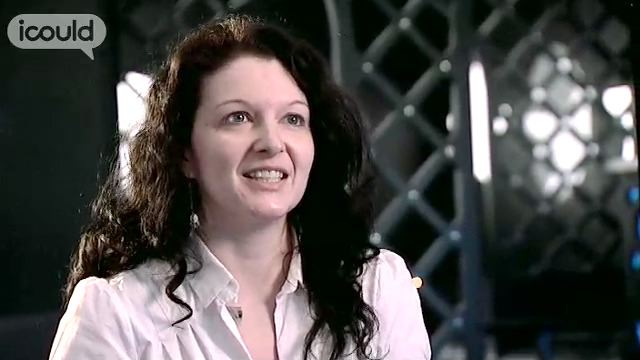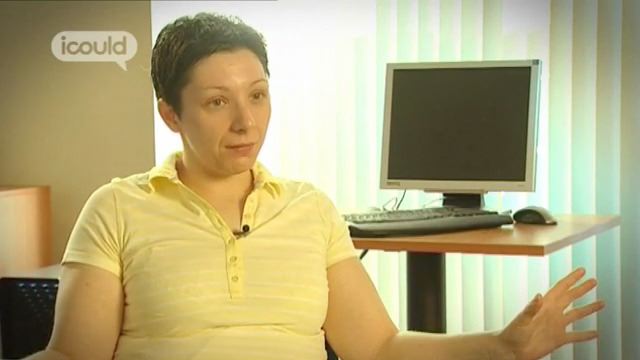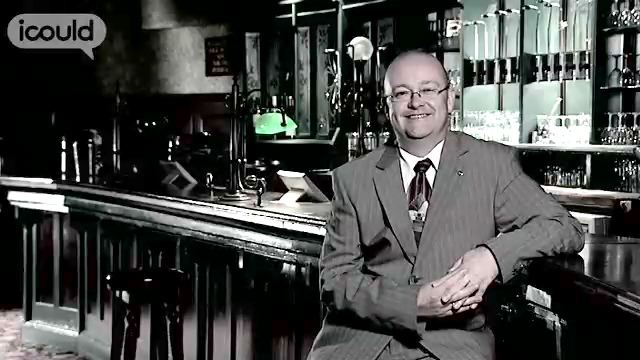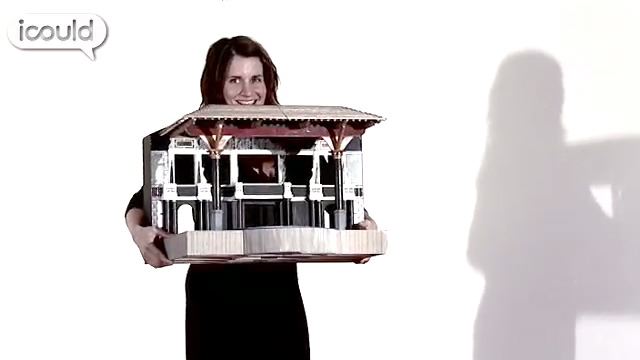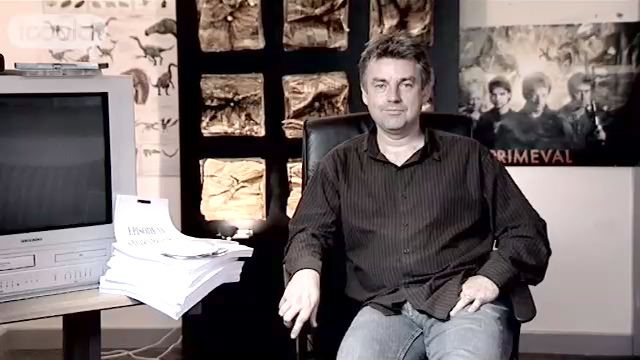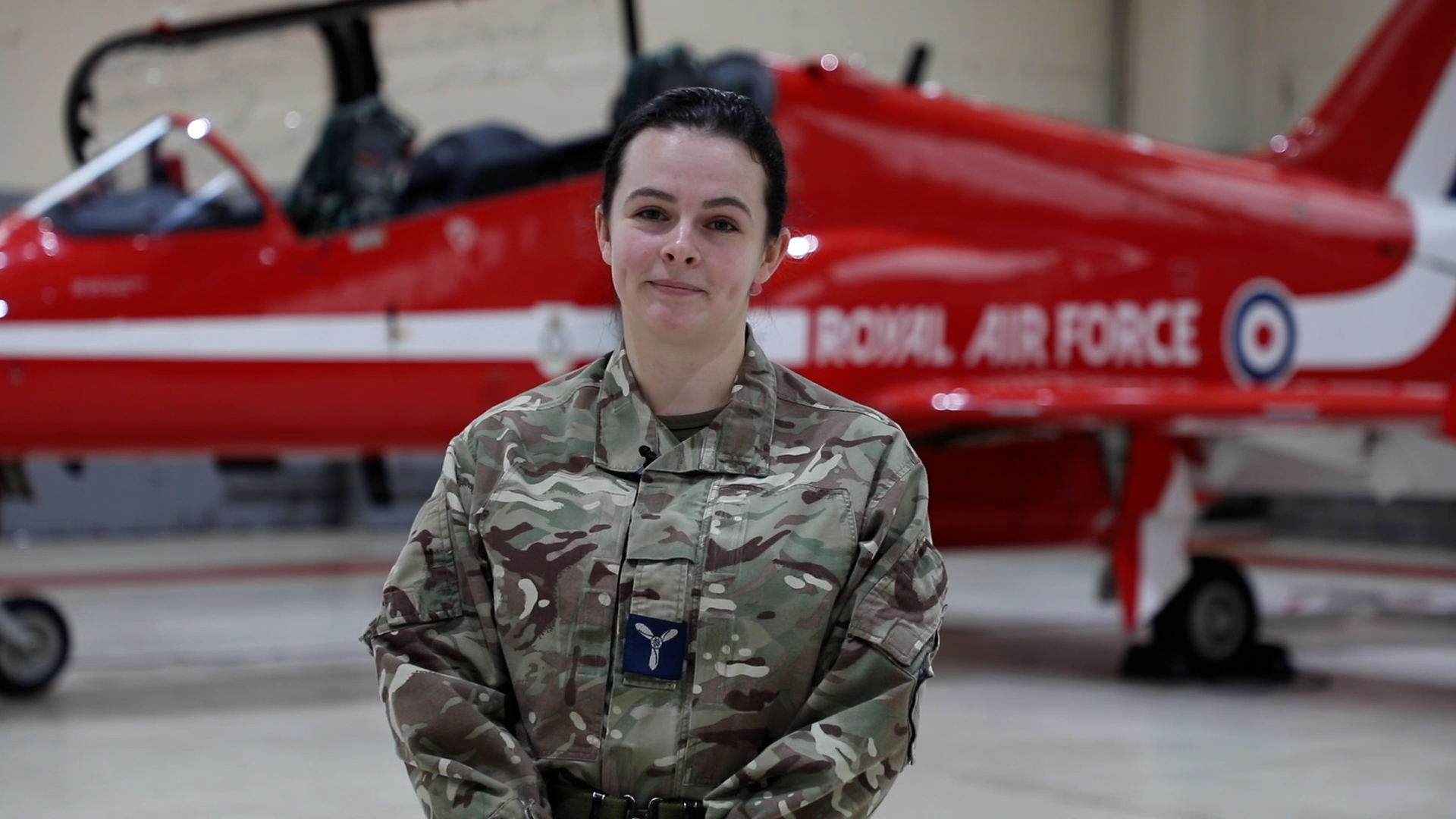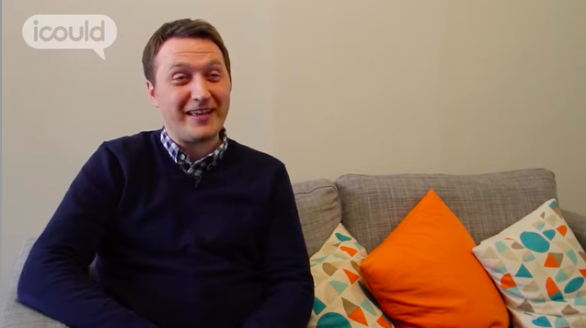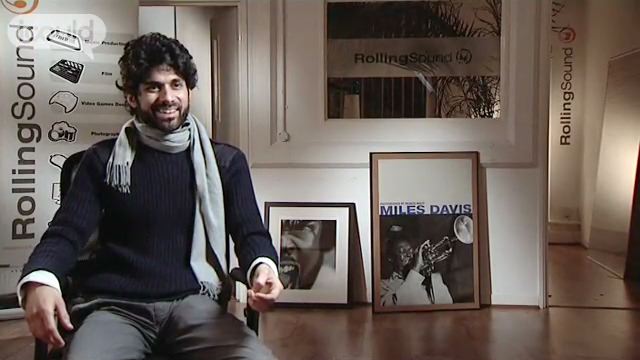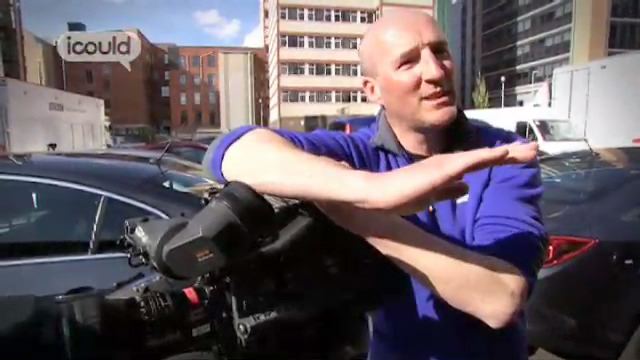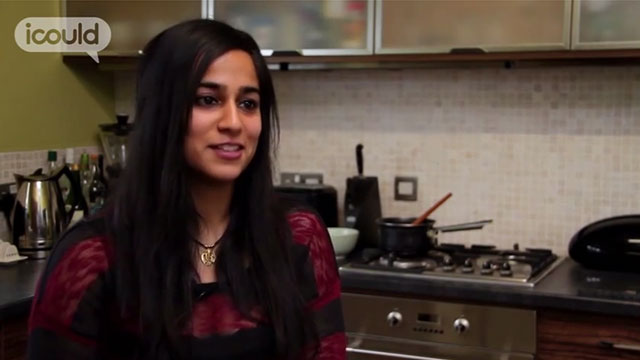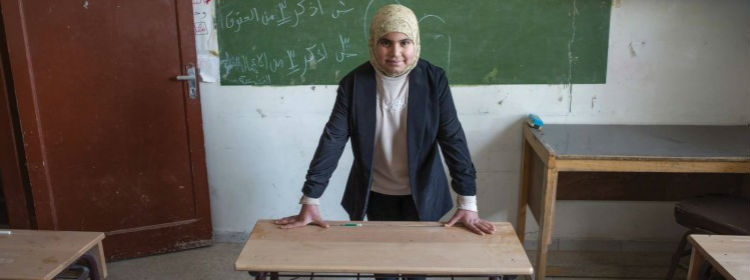Explore: Media
Television Director
BBC World Service
info Issues viewing the video?
|
|
GEMMA W |
|
00:02 |
Hi, I’m Gemma W and my job title is news director. So on a regular day to day basis I basically control a gallery of about between four and five people and everything you see on screen, I control, essentially, so the producer arrives with me, to me with what we call a running order and I have to translate that on to screen and make sure that there’s as few mess ups as possible, |
|
00:27 |
You need to be a very good people person as a starting point, because you need to be able to deal with everybody that comes your way, be it, you know, producers, presenters, crew, anyone. You would be the point person in the gallery, so you are the person who answers all of the questions. I also think it’s very good to be quite technically minded because if you don’t understand what you’re asking someone to do, then you don’t necessarily have their respect in order for them to do it. |
|
00:57 |
So I started off, I decided when I was about 15 that I wanted to work in, well I wanted to be a director, is what I decided because I’d been to see Baz Luhmann’s Romeo and Juliet at the cinema and I was like, that’s a movie and I want to see, I want to do that. So I decided, right I’m going to be in the media, so I did Media A level and then I went to university and I did lots of research into the correct courses to do. I found a course in Newcastle that did about 60% practical, so I went there and we basically spent about three years shooting documentaries, short films, all around Newcastle, which was brilliant. |
|
01:41 |
The lowest point for me was not getting my first job, when I first moved the London and having to struggle for like about nine, ten months, without anything. Just bar jobs and the usual thing and it was just, it was really difficult because you think, is it ever going to happen, am I just living a pipe dream? Is the money going to run out, like I’m just living on hand to mouth, do I just go home and give up? The amount of times I phoned my mum in tears going, oh god, it’s going to happen, I’ve got another rejection letter and she was just really supportive and just said, you know, come on, keep going, it’ll be fine and eventually it was. |
|
02:24 |
I was very shy at school, I just, I couldn’t, I don’t know, I just never really managed to be that outspoken person, so I was just really quiet, kept to myself. The person who always helped everyone else with their homework, even though I then got worse marks. So yeah, it was, it was strange, it took me a while to kind of get over that and be able to become more confident and I don’t think I would be where I am today if I hadn’t sort of been through the process of my first few jobs and some of the presenters, when I was a floor manager coming to me and saying, no, no you just need to be a bit more confident, just come out of yourself a little bit and it’s just, it’s a process that you learn over time and you suddenly realise that actually a lot of things don’t matter. All the stuff that you were worried about at school, I’m going to say the wrong thing, they’re not going to talk to me any more, you get over it and you just think, well I’m just as important as you are, what I say matters as much as what you say, even if it is the wrong thing, it really doesn’t matter, it’s not the end of the world. |
|
03:29 |
I think the major person who influenced me the most was a manager at my first sort of real job at ITN, called Ali Ryan and she was just this amazing woman because she basically, she was no, not backwards coming forwards as my mother would say, She would tell you what she thought and if you were good, she would tell you you were good and if you were rubbish, she’d say, that was rubbish. So at least you knew where you stood, you knew the praise was good and you knew the criticism was valid and she has always, I’ve always tried to follow her model of this is how I should be, this is the kind of confident person that I should be and people respect you and yeah, so she’s, she was definitely the biggest influence of my career so far. |
|
04:14 |
Yeah, my advice for anyone starting out would be, or even just my advice for anyone thinking where do I take my first step, is to do a practical course because then you learn how to use the lights. You don’t learn about the lights, it’s I know how to use it, I know how to use this camera. So cos that helped me immensely and then just keep positive, keep at it and don’t give up. If this is what you want to do, just keep going because you will do it. If you’ve got that tenacious spirit, then it’s going to happen anyway. |
|
04:49 |
End of Gemma W |
Gemma was quite shy at school but through her work in television she has grown in confidence and now directs a team of people on BBC World Service News. She decided that she wanted to work in films or television after watching a film based on Romeo and Juliet when she was 15. She stuck to her goal and now hopes to move to the 6 ‘o’ clock BBC News programme.
More information about Arts officers, producers and directors
Data powered by LMI For All
£50,440
average salary
The UK average salary is £29,813
38
average weekly hoursThere are 37.5 hours in the average working week
42%
male
58%
female
The UK workforce is 47% female and 53% male
Future employment
Future employment
Description
Arts officers, producers and directors assume creative, financial and organisational responsibilities in the production and direction of television and radio programmes, films, stage presentations, content for other media, and the promotion and exhibition of other creative activities.
Qualifications
Entry can be via academic qualifications, BTEC/SQA awards, diplomas or degrees in sector-relevant subjects. Apprenticeships are available at NVQ Levels 2 and 3 in some areas.
Tasks
- Chooses writers, scripts, technical staff and performers, and assumes overall responsibility for completion of project on time and within budget;
- Directs actors, designers, camera team, sound crew and other production and technical staff to achieve desired effects;
- Breaks script into scenes and formulates a shooting schedule that will be most economical in terms of time, location and sets;
- Prepares rehearsal and production schedule for main events, design of sets and costumes, technical rehearsals and dress rehearsals;
- Ensures necessary equipment, props, performers and technical staff are on set when required;
- Manages health and safety issues;
- Selects, contracts, markets and arranges for the presentation and/or distribution of performance, visual and heritage arts.
Employment by region
Top 10 industries for this job
Libraries, etc
22289
Film & music
19044
Office admin.
5046
Head offices, etc
4944
Arts & entertainment
4930
Broadcasting
4755
Computer programming, etc
3115
Advertising, etc
3003
Employment activities
2647
Sport & recreation
2609
Employment status
Related career stories
⇦
⇨
